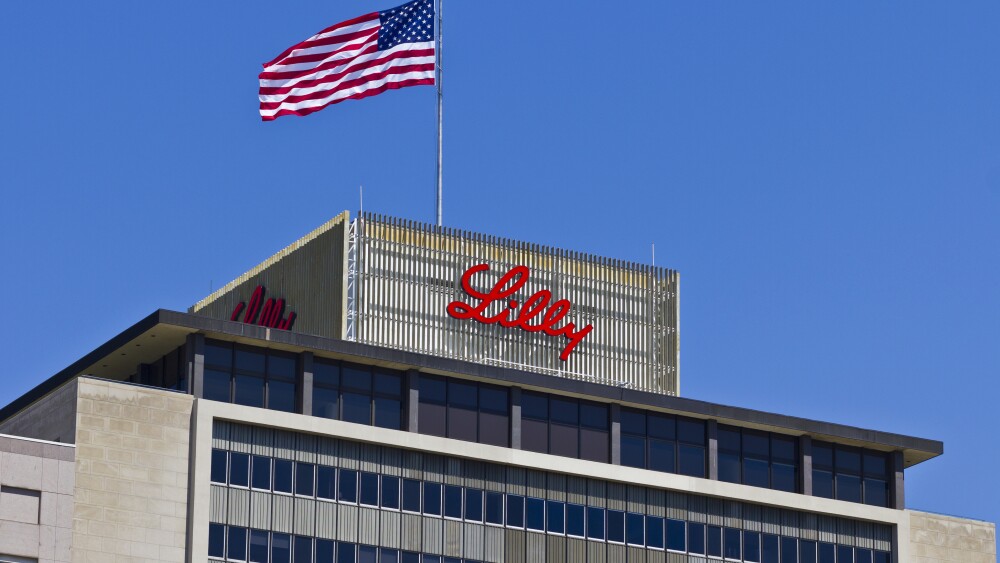-Combination Data Show 85 Percent Objective Response Rate and 63 Percent Complete Response Rate with an Acceptable Safety Profile in these Pre-Transplant Relapsed or Refractory Classical Hodgkin Lymphoma Patients-
-Data Support Recently Initiated Pivotal Phase 3 Clinical Trial Evaluating ADCETRIS and Opdivo Combination in Relapsed Hodgkin Lymphoma-
BOTHELL, Wash. & PRINCETON, N.J.--(BUSINESS WIRE)--Seattle Genetics, Inc. (Nasdaq: SGEN) and Bristol-Myers Squibb Company (NYSE: BMY) today highlighted an updated interim analysis from the ongoing phase 1/2 clinical trial evaluating ADCETRIS (brentuximab vedotin) and Opdivo (nivolumab) in relapsed or refractory (RR) classical Hodgkin lymphoma (HL) at the International Conference on Malignant Lymphoma (ICML) in Lugano, Switzerland. The data reported from 62 patients, including 59 evaluable for response, will be featured in an oral presentation on June 15, 2017. ADCETRIS is an antibody-drug conjugate (ADC) directed to CD30, a defining marker of classical HL. Opdivo is a programmed death-1 (PD-1) immune checkpoint inhibitor that is designed to help restore anti-tumor immune response. ADCETRIS and Opdivo are not approved in combination for the treatment of RR classical HL or for other indications.
“The phase 1/2 study combining the antibody-drug conjugate brentuximab vedotin with the PD-1 immune checkpoint inhibitor nivolumab is a promising investigational approach as it combines a targeted therapy with a therapy designed to activate the immune system and the combination may have additive activity,” said Alex Herrera, M.D., lead trial investigator and assistant professor at the City of Hope, Duarte, California. “The interim results support further exploration of this novel regimen, free of traditional chemotherapy.”
“We are evaluating ADCETRIS in novel combinations in order to identify potential treatment regimens for patients with CD30-expressing lymphomas,” said Jonathan Drachman, M.D., Chief Medical Officer and Executive Vice President, Research and Development of Seattle Genetics. “We are pleased to share updated interim results from this ongoing phase 1/2 clinical trial evaluating ADCETRIS in combination with Opdivo in relapsed or refractory HL patients. Since our first patient treated with the combination regimen, the data continue to demonstrate encouraging activity with an acceptable safety profile. These updated data support findings first presented at ASH 2016. We have nearly doubled the number of patients in our trial evaluating the ADCETRIS/Opdivo combination strategy and recently announced a collaboration with BMS to initiate a pivotal phase 3 clinical trial in relapsed HL patients in mid-2017.”
“Bristol-Myers Squibb continues to strengthen our broad Immuno-Oncology and hematology development programs for Opdivo,” said Fouad Namouni, M.D., head of Oncology Development, Bristol-Myers Squibb. “Our continued partnership with Seattle Genetics, combines our deep I-O experience and shared commitment to innovative combination treatment options that have the potential to improve the lives of patients impacted by blood cancers. We look forward to further evaluation of ADCETRIS in combination with Opdivo for the treatment of relapsed Hodgkin lymphoma.”
Interim Results from a Phase 1/2 Study of Brentuximab Vedotin in Combination with Nivolumab in Patients with Relapsed or Refractory Hodgkin Lymphoma (Abstract #074, oral presentation at 6:05 p.m. CEST)
Data were reported from 62 patients with RR classical HL after failure of frontline therapy who received the combination regimen of ADCETRIS plus Opdivo. Patients were treated once every three weeks with up to four cycles of combination therapy. After completion of the fourth cycle of treatment, patients were eligible to undergo an autologous stem cell transplant (ASCT). The median age of patients was 36 years. Forty-five percent of patients had primary refractory disease and 55 percent progressed after responding to frontline therapy, among whom 90 percent received standard of care frontline treatment ABVD (Adriamycin, bleomycin, vinblastine and dacarbazine).




